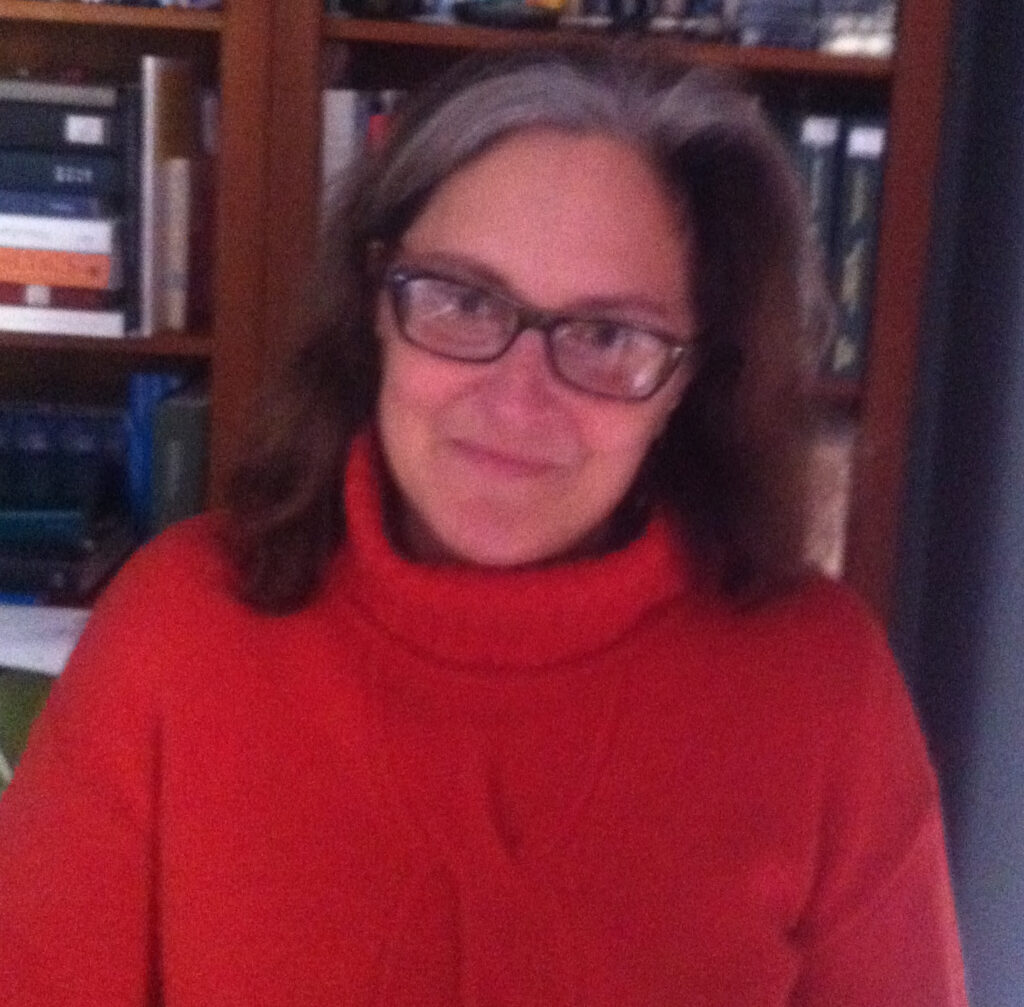
Dr. Rachel Zuckert, professor of philosophy at Northwestern University, will deliver a talk on “Kant’s Philosophy of History as Stoic Consolation” on Friday, March 8, at 3:30 p.m. in Marquette Hall 105.
At least since Pauline Kleingeld’s defining work, Zuckert will argue, scholars recognize that Kant’s aims in his philosophy of history are practical as well as theoretical: not just to describe history, but also to provide a view of it that supports moral action.
Often scholars understand this support to be similar to that provided by the postulates of practical reason: the progressive view of history Kant articulates is taken to be a belief necessarily presupposed in moral agency, supporting the more general belief that the agent’s moral ends are realizable.
Prompted by Kant’s description of his view as “consoling” (Idee, 8: 30), Zuckert considers whether his view in Idee may instead be interpreted as a form of Stoic consolation on the model of Seneca’s consolatory writings, with a different practical import: to relieve the moral agent from entangling grief concerning large-scale historical events that are out of her control, thereby freeing her to act effectively within her own sphere.
This colloquium is hosted by the Department of Philosophy. No RSVP is required.


